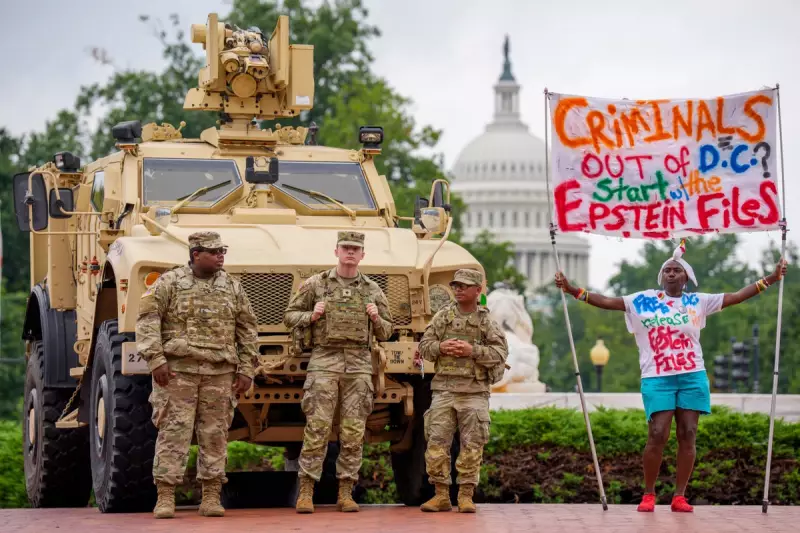
In a move signalling the hardline direction of a potential new administration, JD Vance has declared a sweeping 'crackdown on crime' as a cornerstone of his and Donald Trump's campaign. The Republican vice-presidential candidate is taking a direct aim at what he describes as rampant lawlessness in American cities.
The Ohio senator laid out a stark vision for restoring order, squarely blaming progressive policies for a rise in urban crime. His strategy promises a fundamental shift in the federal government's approach to law enforcement.
The Vance Doctrine: Law, Order, and Accountability
Central to Vance's plan is a concerted effort to overhaul the justice system from the top down. He has vowed to aggressively use the power of the federal government to support local police forces and challenge the authority of district attorneys he accuses of being soft on crime.
Key pillars of the proposed crackdown include:
- Federal intervention: Deploying federal resources and personnel to assist cities struggling with high crime rates.
- Targeting 'woke' prosecutors: Taking legal action against progressive district attorneys who Vance claims refuse to enforce the law.
- Support for law enforcement: Implementing policies and providing funding to bolster police departments across the nation.
A Political Battle Line for 2024
The announcement is widely seen as a key part of the Trump-Vance campaign strategy to make public safety a defining issue in the upcoming presidential election. By framing it as a battle between law and order and progressive ideology, they aim to draw a clear contrast with their political opponents.
This focus on crime resonates with a core part of the Republican base and is intended to appeal to voters concerned about safety in their communities. The rhetoric echoes the 'law and order' campaigns of past Republican figures, updated for the current political climate.
As the election nears, expect this proposed crackdown to become a central theme, provoking fierce debate about policing, justice, and the role of the federal government in local affairs.






